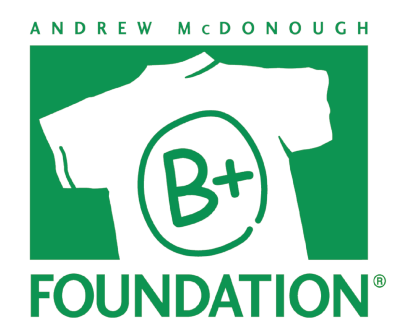Targeting ATR/SPOP Signaling to Overcome Chemotherapy Resistance in Ewing Sarcoma
Dr. Pengda Liu – The University of North Carolina at Chapel Hill, Chapel Hill, NC
Ewing sarcoma is a pediatric cancer driven by the EWS-FLl1 fusion gene. Chemo-, radio-therapy and surgery are the standard first-line therapy for Ewing sarcoma. Recurrence occurs in 50% patients that become resistant to chemotherapy. Even if in patients responding to chemotherapy, repetitive high doses of chemotherapy significantly reduce life quality. Thus, it remains as an urgent unmet medical need to identify new cures to alleviate severe side effects associated with current chemotherapy and to treat relapsed patients currently with no treatment options. It is well-characterized that EWS-FLl1 is essential for Ewing sarcoma tumor growth. Unexpectedly, we observed chemotherapy induces increased EWS-FLl1 protein abundance that protects Ewing cells from chemo-induced cell death and chemo-resistance. Further, we found chemo-therapeutics through activating a kinase called ATR to control EWS-FLl1 levels. Excitingly, applying ATR inhibitors currently in clinical trials for other tumors sensitized Ewing sarcoma tumors to chemotherapy. Here, we will confirm the improved efficacy of proposed ATRi+chemo combination therapy in reducing Ewing tumor growth in animal models, and obtain molecular understanding for chemo/ATR/SPOP/EWS-FLl1 signaling in chemo-resistance. We hope our studies provide a timely investigation into new combination therapies to potentiate current chemotherapy to improve patient life quality and offer a first therapy for relapsed Ewing sarcoma patients.

